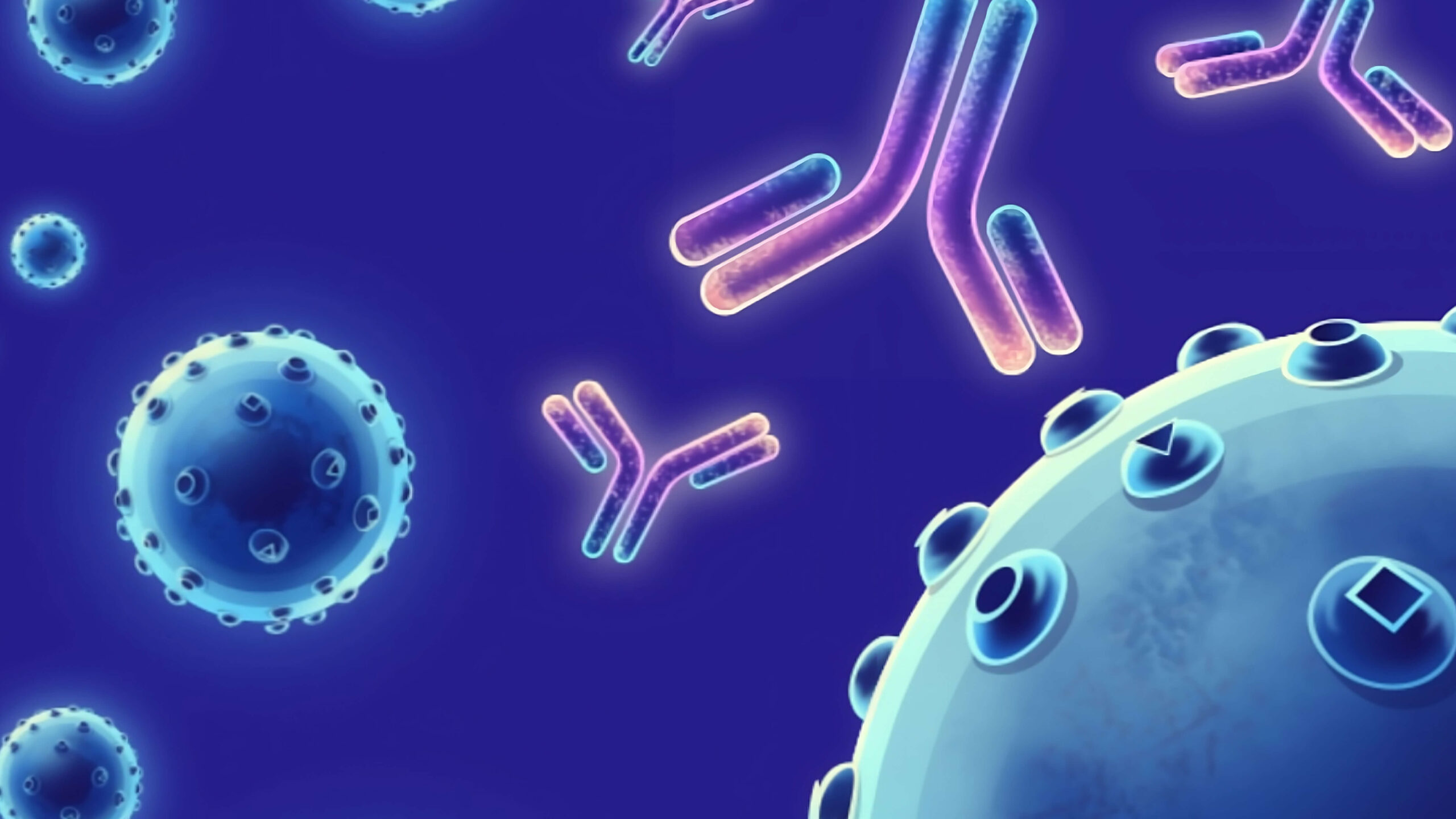Description
Macrophage colony-stimulating factor 1, also known as CSF-1, M-CSF, Lanimostim and CSF1, is a single-pass membrane protein which is disulfide-linked as a homodimer or heterodimer. Granulocyte / macrophage colony-stimulating factors are cytokines that act in hematopoiesis by controlling the production, differentiation, and function of 2 related white cell populations of the blood, the granulocytes and the monocytes-macrophages. M-CSF/CSF-1 is known to facilitate monocyte survival, monocyte-to-macrophage conversion, and macrophage proliferation. M-CSF/CSF-1 is a secreted cytokine which influences hemopoietic stem cells to differentiate into macrophages or other related cell types. It binds to the Colony stimulating factor 1 receptor. M-CSF/CSF-1 may also be involved in development of the placenta. The active form of M-CSF/CSF-1 is found extracellularly as a disulfide-linked homodimer, and is thought to be produced by proteolytic cleavage of membrane-bound precursors. M-CSF/CSF-1 induces cells of the monocyte/macrophage lineage. It also plays a role in immunological defenses, bone metabolism, lipoproteins clearance, fertility and pregnancy. Upregulation of M-CSF/CSF-1 in the infarcted myocardium may have an active role in healing not only through its effects on cells of monocyte/macrophage lineage, but also by regulating endothelial cell chemokine expression.
Target
CSF1
Target Alias Names
CSF-1, M-CSF, MCSF
Isotype/Mimetic
Rabbit IgG
Animal-Derived Biomaterials Used
No
Sequence Available
No
Original Discovery Method
Phage display technology
Antibody/Binder Origins
Animal-dependent discovery, post-2020, In vitro recombinant expression

